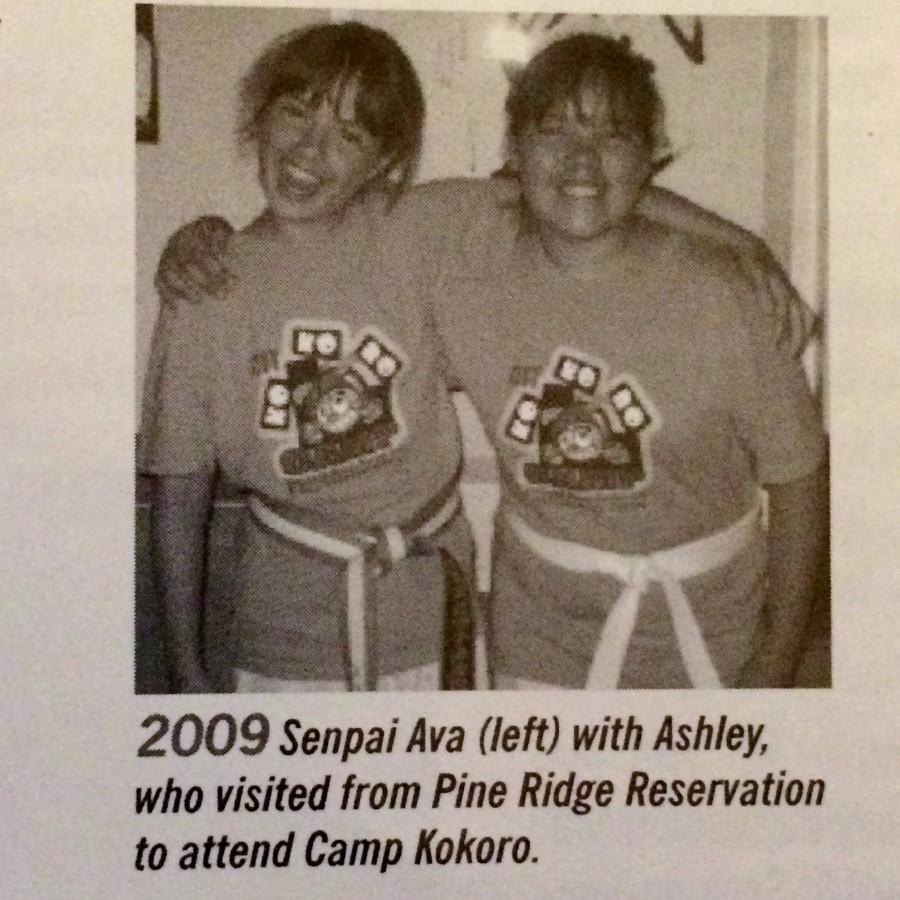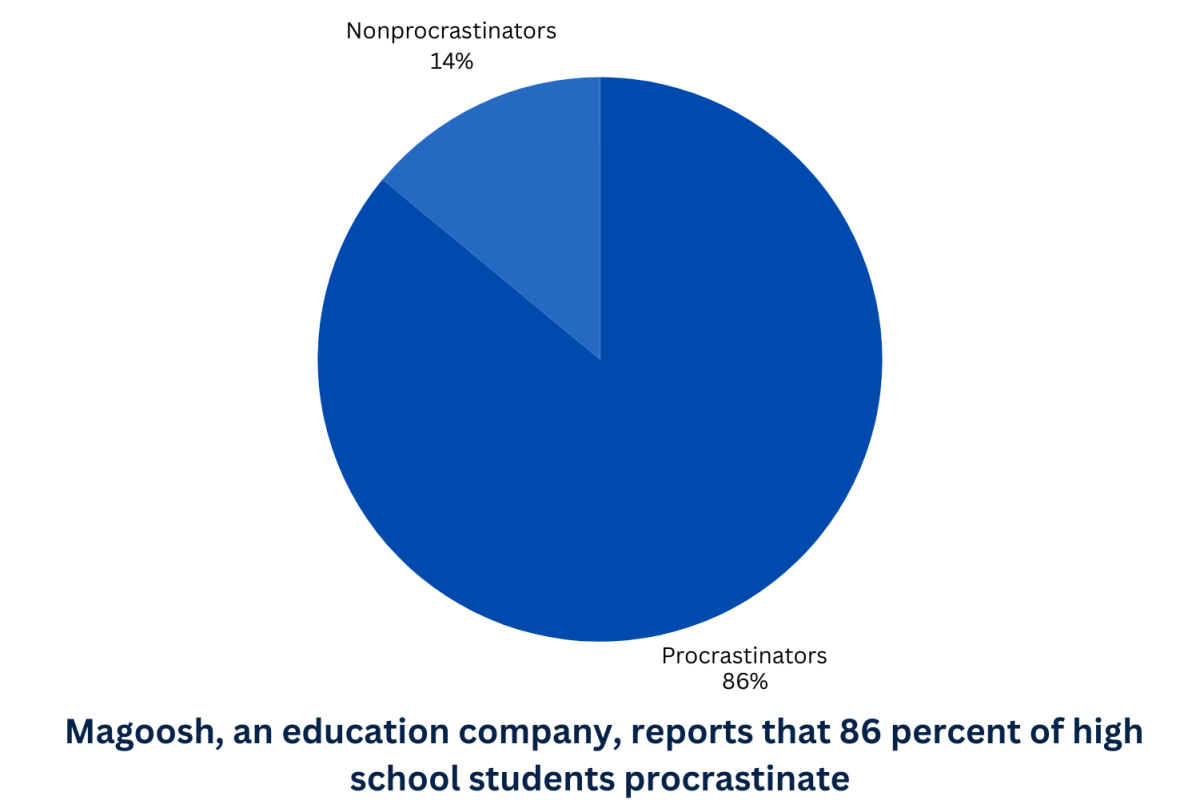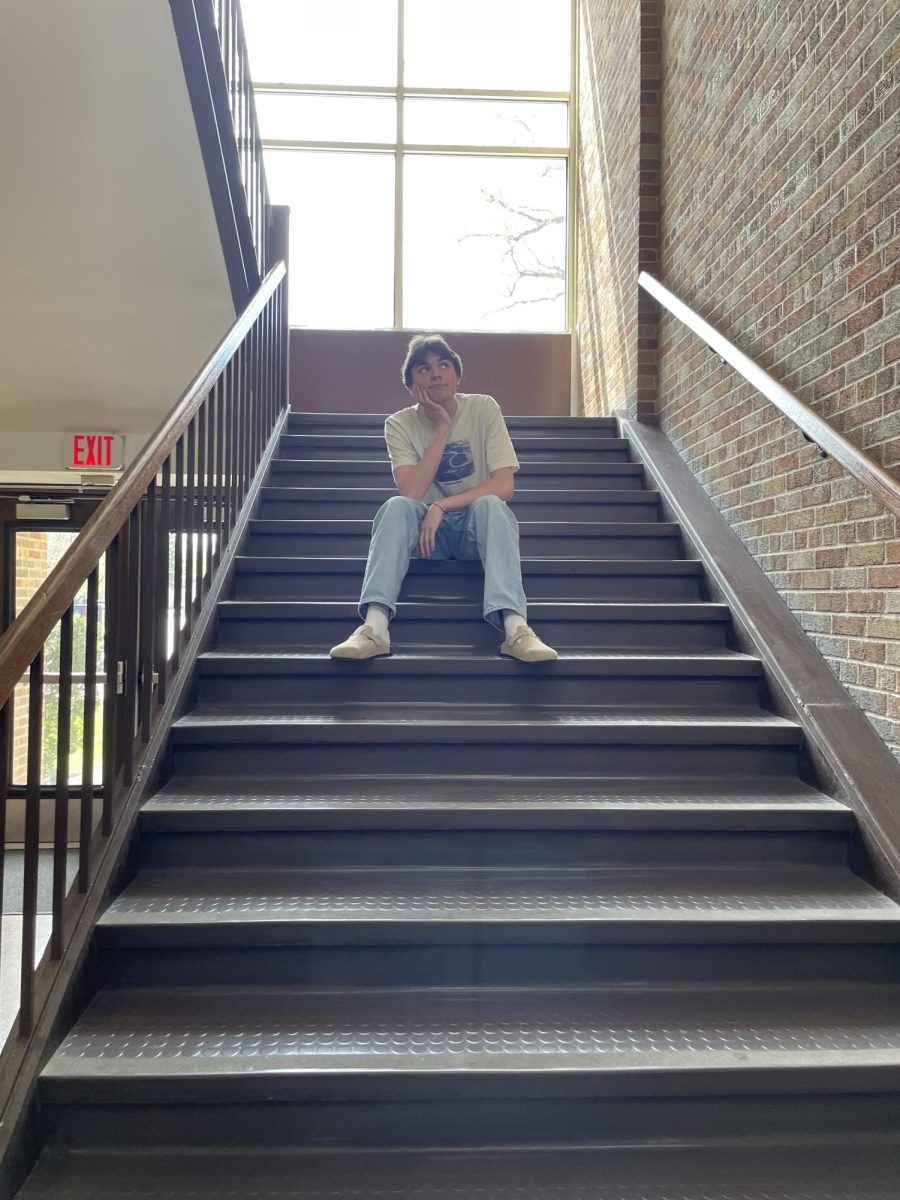Assumptions (however discouraged) abound. Culture, society, behavior… all subject to the same prejudgement. As high school students, this is the perfect time to broaden our horizons and dispel beliefs that limit us in our potential for connecting with others. To host an exchange student is to immerse yourself as much in the intricacies of your guest’s life and culture as is it is an opportunity for them to explore your language and/or culture.
I founded (and piloted) the Lakota Cultural Exchange Program (thelakotaculturalexchangeprogram.org) in 2009. While it was a hugely enriching experience for both my guest, Ashleigh, and for me there is an age at which to do an exchange, which is not when you’re 12 (or 14 in Ashleigh’s case). High school is really the right time. There’s enough empathy and understanding at that point to counter even the prejudice of others, and there’s enough maturity and experience for both host and guest to feel comfortable relating so closely for such an extended period.
In terms of benefit, everything from a new perspective to a college essay-worthy experience could be counted as pros of hosting an exchange student. Ashleigh and I became intimately aware of each other’s norm over her two-week stay. Each of us began to understand the disparate circumstances under which the other had grown up. Our differences became conversations, and as the exchange progressed, we became acutely aware of our similarities. Initial, and mutual, culture shock aside, our experiences sharing the intricacies of our lives with each other fostered an understanding that would have been impossible without putting a face and a story to a way of life.
But that’s just my cultural exchange. Those who take part in language-based exchanges have similarly enriching experiences with a different focus. Senior Abbie Bennett participated in the French exchange over the summer of 2013. She noted that it’s as fun to host as it is to be a guest, remembering, “They’re so fascinated by the American lifestyle because over there it’s just so different. For example, they couldn’t believe that I had my own car, let alone that I could even drive. But they wanted to experience new things just as I wanted to in France, so it was really cool showing other teenagers what our lives are like.”
To outline further benefits, Bennett added, “It puts you in a totally new element and you have to adapt to your new surroundings, it’s really cool. I feel like that’s how college will be, even though you most likely won’t have a language barrier at college, it gives you a chance to experience a new life and meet new people and see new things. I think it really helps everyone grow as a person because as you’re slightly pushed out of your comfort zone, it helps you mature and teaches you what life will be like post high school or college.”
No matter the initial aim of an exchange, participants are going to gain more than just the well-documented widened world view. In my case, I gained a cultural compassion and a new maturity from the experience. My guest was given a unique opportunity, necessary self-defense training (violence is a known problem on Pine Ridge Reservation) and an ally in subsequent need (her home burned down while she was staying with me, a tragedy for which my family and extended community organized a fundraiser). In other cases, friendships, mutual cultural understandings, new skills/experiences, and a sort of self-discovery are direct benefits.
I encourage any — and everyone to take part in an exchange if they can. Go through the school or, if you want to make it really interesting, look into the Lakota Cultural Exchange Program. You just cannot go wrong with opportunity for true enrichment and life-changing growth.









